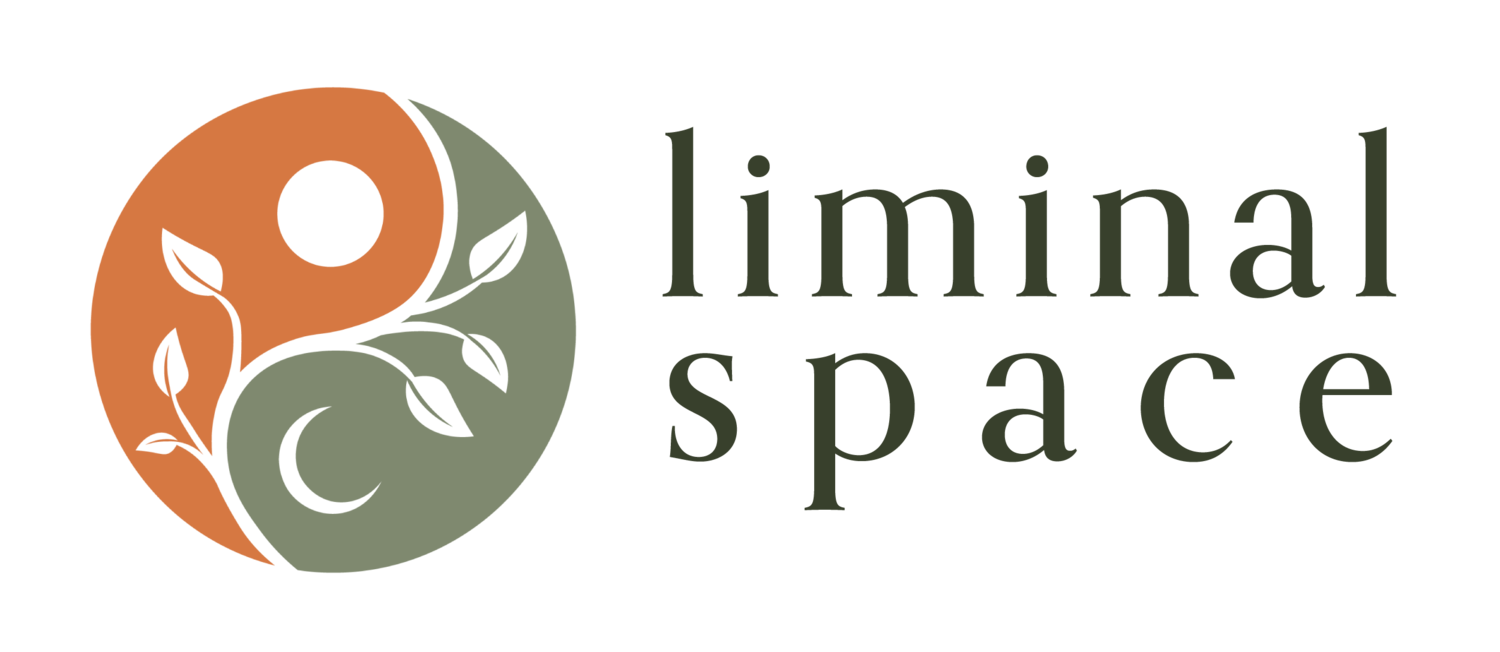How do your ancestral experiences affect you?
Recently, I heard an interview with comedian Roy Wood Jr. where he shared a story about an accident his father was in that physically disabled him before Roy was born. His family told a version of the story that seemed innocuous, but recently he learned that his father’s experience was more emotionally scarring than had been previously told and the true version revealed a lot about why his father was the way he was and how that colored Roy's world view.
He commented on what a disservice it is to descendants when the experiences of their ancestors are sugarcoated or withheld and feels that “our ancestors have a responsibility to share their trauma with their descendants”. He referred to us—the descendants who live in an era where therapy is acceptable and accessible—as “’The Curse-breakers’ [who have] the opportunity to start the process of unpacking [our] lineage.” He felt that by knowing the true experiences of our ancestors we are empowered with the knowledge of how it impacts the way we were raised and how we think about ourselves and approach our lives.
People only speak kindly of the dead, so Roy's words resonated with me because the only thing I hear about my mother is that she was a “sweet and perfect angel of a woman”.
When I was a teenager, I asked a relative if she could tell me something annoying about my mother but instead of answering she stared at me bemused by what she considered me being negative. I was looking for some sort of real understanding of my mother because I knew she couldn’t have been as perfect as everyone said. Hearing her described that way made me feel like I was failing her legacy because I was not a “sweet perfect angel”—I was moody, independently minded, and challenged the illusion of absolute positivity my adopted family loved to exist in.
When I was 19, I discovered my mother’s diary which was written in beautiful prose and poetry covering the final 15 years of her life. In it, she spent a lot of time dreaming of a bigger life for herself, challenging the structures she felt confined by, and angered by a life cut-short. I saw similarities in our personalities and perspectives and even though there were many painful moments I had to process, I felt blessed for the gift of seeing the world through her eyes which allowed other dimensions of her to exist in my life and helped me understand more about myself.
In order to clear our own Shadows, we must take a look at our familial ones which exist within the stories they tell us and the ones they don’t.
Have you ever had an intentional conversation with your parents/caretakers about the details of their life and what made them who they are today?
Have you considered how those experiences impacted the way they raised you and how they colored the beliefs you have about yourself and the world around you?
Some family members might not be emotionally available to have this kind of conversation—take a moment to consider why you think that is:
What were the circumstances of their family and the family before them that created that lack of ability and how much has that played a role in developing who you are?
Our ancestral life experiences are one of the layers we examine in the Shadow Alchemy course which begins this Sunday, April 24th.
Are you ready?

